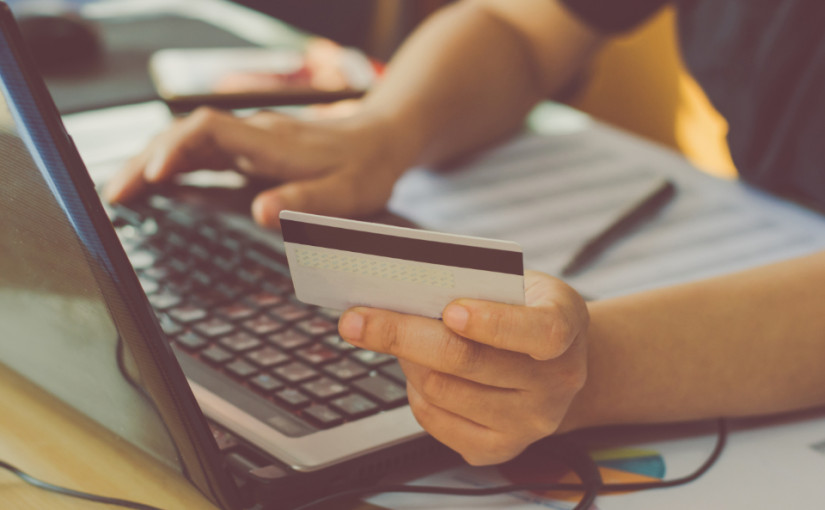Cross-border payments startup Ripple and Spanish bank Santander made headlines for a recently inked partnership in which the pair have developed a new blockchain-fueled payments app. It’s already been rolled out across Spain, the UK, Brazil, and Poland to start and will be expanded further in the coming months. They have their sights set on Portugal next.
The new app, which is called Santander One Pay FX, lets customers transfer money internationally within the same day for the UK and Spain or the next day for other countries that it supports. There are also zero commissions for Santander UK, and the bank is working on delivering instantaneous payments. Currently, the One Pay FX app is only for consumers, but Santander hopes to roll it out to small businesses soon.
It’s a giant step forward for the payments industry, where companies around the globe have been fiercely competing in an ever-changing market landscape.
Santander first invested in Ripple a couple of years ago, over which time they’ve been testing the technology, and the new app is still the first of its kind one between a blockchain startup and a traditional bank. They’re competing with the likes of fintech TransferWise, as the Financial Times pointed out, which similarly facilitates quicker cross-border payments.
Let’s examine some other developments in the payments space.
Digital Payments
Dan Schulman, the CEO of online payments company PayPal, spoke with CNBC about the rise of digital payments, which has been fueled by the wide-scale adoption of mobile phones. He said there has been a paradigm shift in the financial ecosystem from cash to digital payments.
Indeed, a recent UN report said that online/mobile/digital currency payment methods would surpass credit and debit cards as the No. 1 payment choice for online purchases by next year.
India is an example, where the country’s economy has basically “leapfrogged” some of the payment channels, going straight from cash to digital payments and cutting out checks and point-of-sale terminals for credit cards altogether, Schulman pointed out.
He pointed to the example of government benefits from federal programs going straight to the citizen’s digital wallet instead of requiring a third-party service provider. This approach is more efficient and boasts benefits like less “leakage” in the economy, where money doesn’t make its way back into the local economy.
Meanwhile, China is light years ahead with mobile payments compared with other countries. As of 2016, China’s mobile payments market was USD 5.5 trillion versus USD 112 billion in the United States, as per iResearch data cited in reports.
Companies like AliPay and Tencent out in front. For instance, Alipay just unveiled a facial-recognition and fingerprint-fueled electronic ID card that is backed by the government. It was rolled out across a few cities in China to start.
PayPal also has partnerships of its own, including with China’s Baidu, where local consumers can pay for purchases with the PayPal app.
Mobile Loans
There’s another trend on the rise with digital, and it involves lending. US-based alternative lender Kabbage performed a study and discovered that small businesses are increasingly using their mobile device to access loans. They studied almost 150,000 small businesses, and the results revealed that mobile-fueled loans soared 360% in the four-year period leading up to February 2018. The USD value of the loans skyrocketed some 1,220% over the same period.
What’s driving the shift to mobile loans? Entrepreneurs, who have already proven their willingness to leap banks to fintech/online lenders, are increasingly choosing mobile for the quick access to capital that they can achieve.
At Kabbage, nearly one-fifth, or 17%, of the small business loans they provide is via mobile, and they forecast the percentages will be rising by year-end 2018.
Ripple/Santander
As for the Ripple/Santander partnership, you may be wondering if One Pay FX will support regular fiat money considering that the blockchain startup is behind the XRP digital currency for cross-border payments. The answer is yes, the new app supports several payment options, including the following –
- Spain-based customers can send USD and GBP
- UK customers can send EUR and USD
- Brazil- and Poland-based customers can send GBP to the UK
The new app is based on Ripple’s xCurrent product, which doesn’t support Ripple’s cryptocurrency XRP.
Conclusion
The payments space is one where innovation is constant. These are some of the leaders. But there are more, and new startups are always jumping in, so stay tuned for the latest developments.
